#FordF150
Drive Notes: 2023 Ford F-150 Tremor
I just tested a 2023 Ford F-150 Tremor -- yes, 2023s are still in the press fleets and this isn't unusual, no big deal -- which is supposed to split the difference between the badass off-roader Raptor and the "regular" F-150.
Does it do that? Read on.
Ford Added Another to Its 2023 Recall Pile with One for the F-150
Ford was the most-recalled automaker in 2023, and it had one more to slide in before the new year rolled in. The company is recalling more than 100,000 F-150s for an issue with the rear axle hub bolt that could cause it to break and make a crash or rollaway more likely. Ford issued the recall on December 22.
Autonomous F-150s May Be On Battlefields of the Future
The Ford F-150 is one of the most popular vehicles of any type in the world, and it has a heavy presence in fleets of all sorts, from police to parks and recreation departments. The pickup is also used extensively in federal government fleets, including the military, where an autonomous vehicle developer has come up with a gnarly F-150 for use way off the beaten path.
Get Ford F-150 Raptor Power for Much Less Coin
The Ford F-150 Raptor R is a seriously impressive truck with an equally serious price tag that puts it out of reach for most buyers. An Alabama Ford dealer has a solution, however, in the form of a base F-150 XL with a Roush supercharger and other upgrades.
Ford Recalled Hundreds of Thousands of F-150s for Defective Parking Brakes
Parking brakes can be very useful, but only in limited situations and when the driver intends to use them. Unexpectedly engaging the parking brake while the vehicle is moving can cause a loss of control and cause the vehicle to crash. Ford recently issued a recall for several hundred thousand F-150 pickup trucks for an issue that could cause their parking brakes to engage while driving.
QOTD: How Do You/Would You Use Your Truck?
Axios, the news source for people who like bullet points, has a post out today examining how the pickup truck market has changed over the years, with an emphasis on the shift in consumer preferences from smaller trucks to big, honkin' full-size rigs.
2021 Ford F-150 First Drive: Now With Even More Torque
Ford Motor Company’s 2021 Model Year is full of new trucks, crossovers, and SUVs. The one hundred and seventeen-year-old company has a renewed focus on these profitable categories while no longer offering a sedan in North America. The Bronco, Bronco Sport, and Mustang Mach-E expand Ford’s vehicle portfolio while adding new segments for the brand. These are all very important products for the future of Ford Motor Company. However, none of those vehicles provide the company with the same level of revenue as the other new vehicle in the 2021 lineup; the 2021 Ford F-150.
It’s safe to say that the F-150 is Ford’s most important product. It has been the best-selling vehicle in America since 1977 and is in a segment where average transaction prices are near $50,000. In 2014, in order to create a more capable and more fuel-efficient truck, Ford moved the thirteenth-generation F-150 to an all-aluminum exterior. But between that release and today, the full-sized truck segment has become even more competitive. General Motors released an all-new Silverado 1500 and Sierra 1500 and FCA introduced a brand new RAM 1500.
Ford Teases Electric F-150
We’re as tired of teasers as you likely are, but Ford nevertheless slipped one into its other news from earlier this week.
Matt noted that Ford claimed the truck would be cheaper to own than the gas model, and that it would be produced in Michigan as part of a major investment, but what else do we know about it?
2015 Ford F-150 FX4: Reviewed!
Junkyard Find: 1979 Ford F-150
Writing this series has made me start paying more attention to types of vehicles I’ve long overlooked. Say, the early Nissan 300ZX, or the Mazda-based Mercury Capri. Then we’ve got the beat-up work trucks that still roam the streets in large numbers but are finally dying out, e.g. the Dodge D-100 and the late-60s GM C-series. Today, it’s the turn of Ford’s workhorse from the darkest days of the Malaise Era.
Cash for Clunkers "Green" Goal a Flop
Some politicians who supported the Cash for Clunkers program didn’t want to be seen promoting a billion dollar (or three) bailout for car dealers, what with car dealers rating just above sex offenders as “people who I’d like to support with my taxes.” So, not surprisingly, the C4C bill was wrapped in a mantle of green; structured to reward buyers who traded gas guzzlers for [marginally] more fuel efficient vehicles. In practice, the “program mostly involved swaps of old Ford or Chevrolet pickups for new ones that got only marginally better gas mileage, according to an analysis of new federal data by The Associated Press. The single most common swap — which occurred more than 8,200 times — involved Ford F150 pickup owners who took advantage of a government rebate to trade their old trucks for new Ford F150s. They were 17 times more likely to buy a new F150 than, say, a Toyota Prius. The fuel economy for the new trucks ranged from 15 mpg to 17 mpg based on engine size and other factors, an improvement of just 1 mpg to 3 mpg over the clunkers.” It gets worse . . .



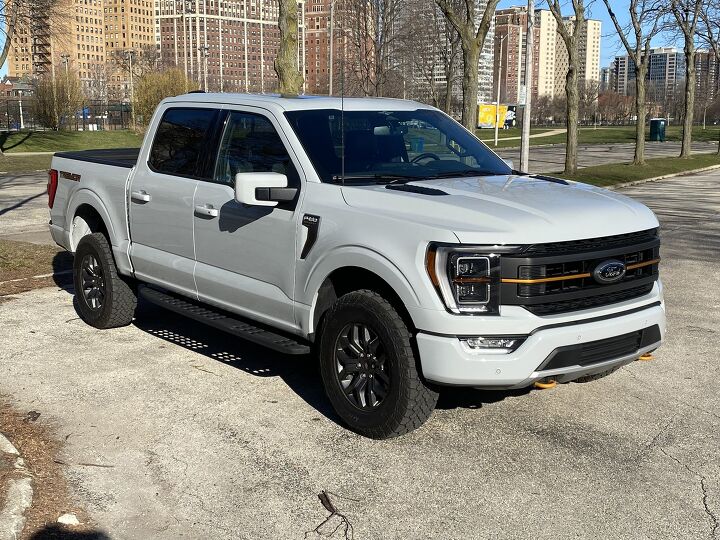
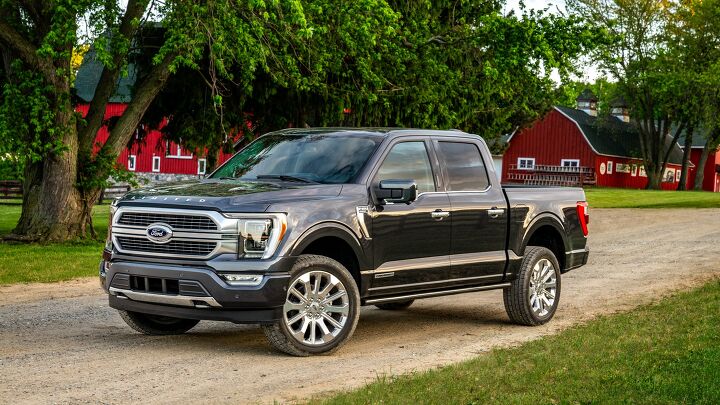
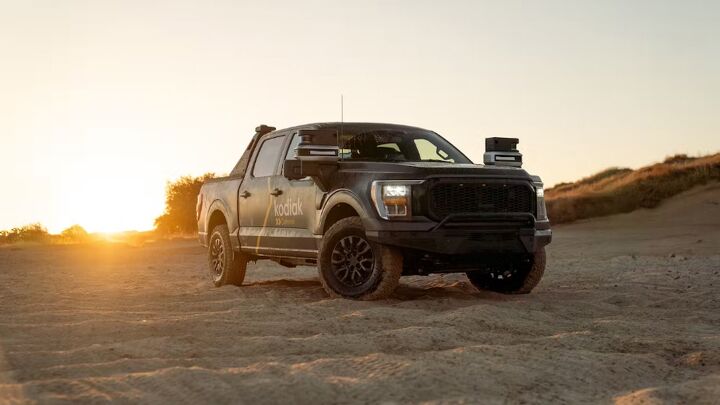
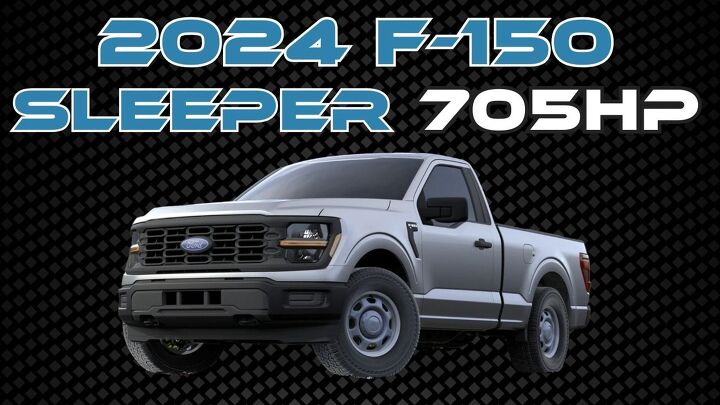
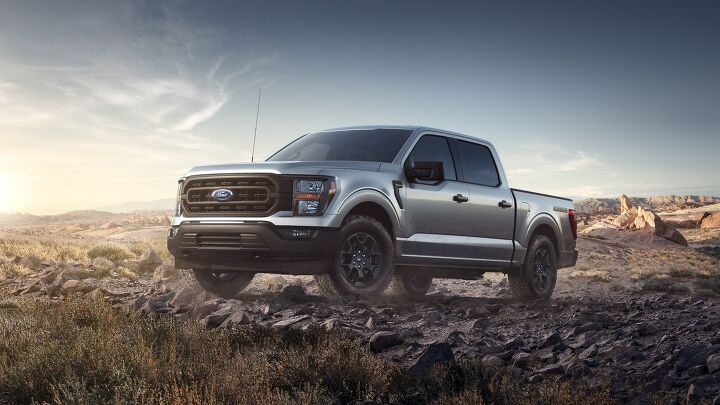

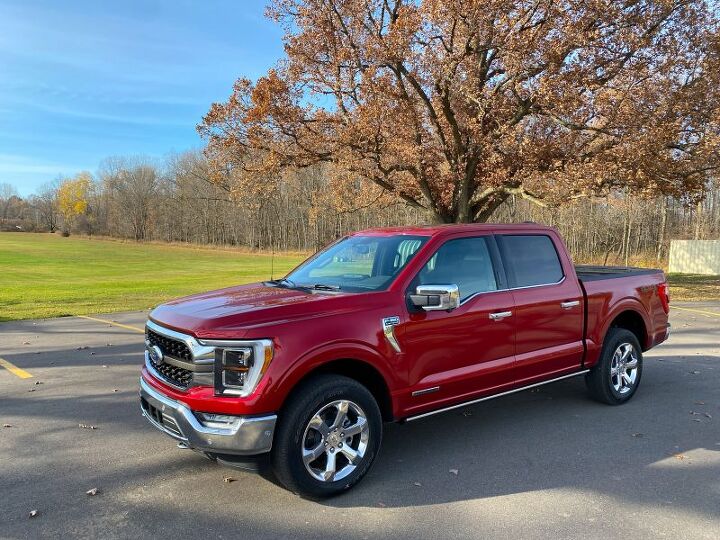
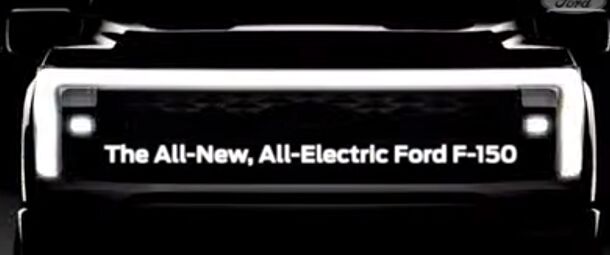

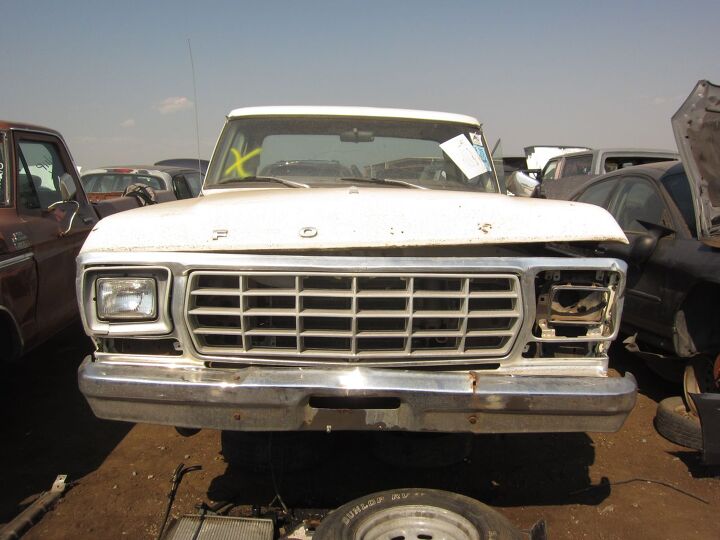
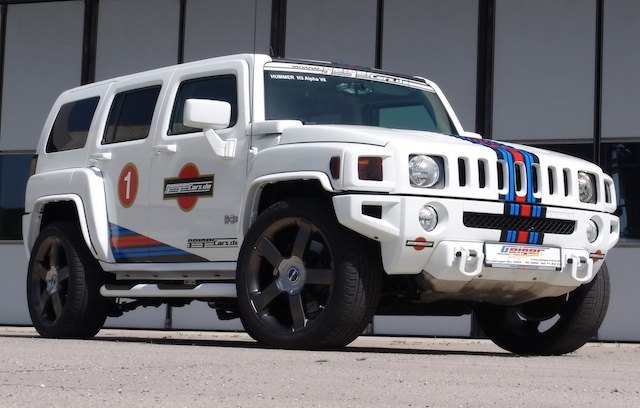












Recent Comments